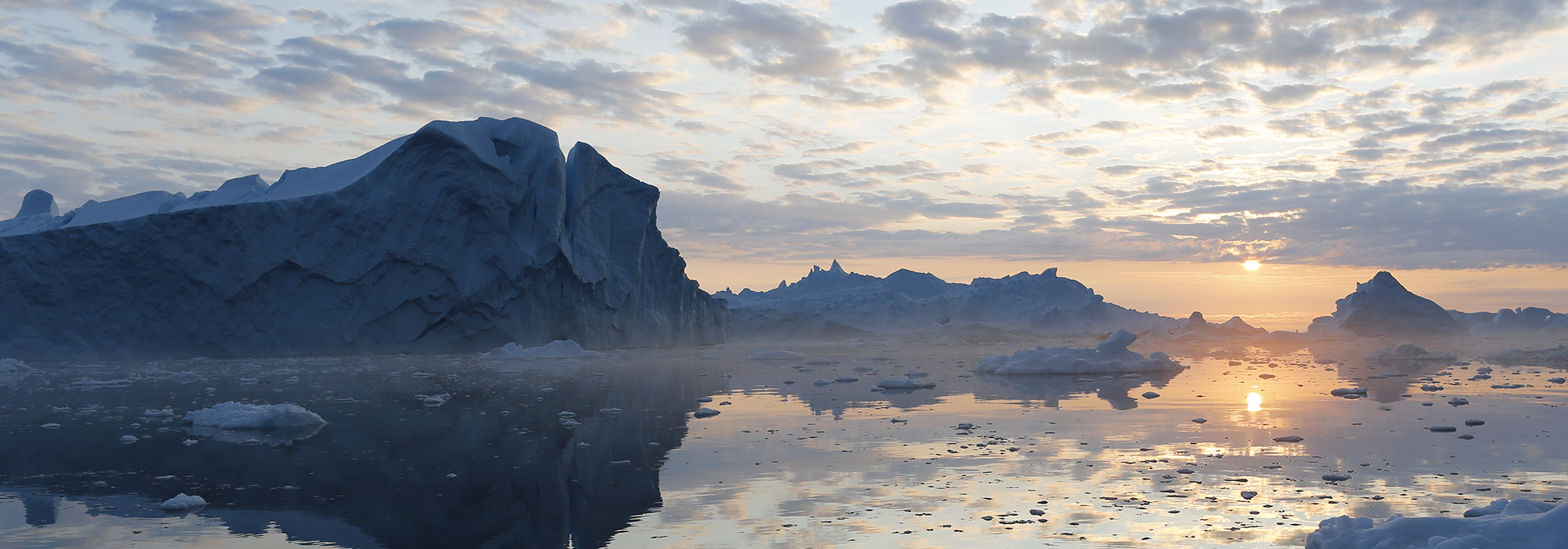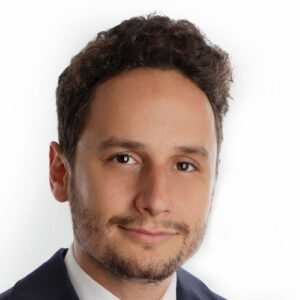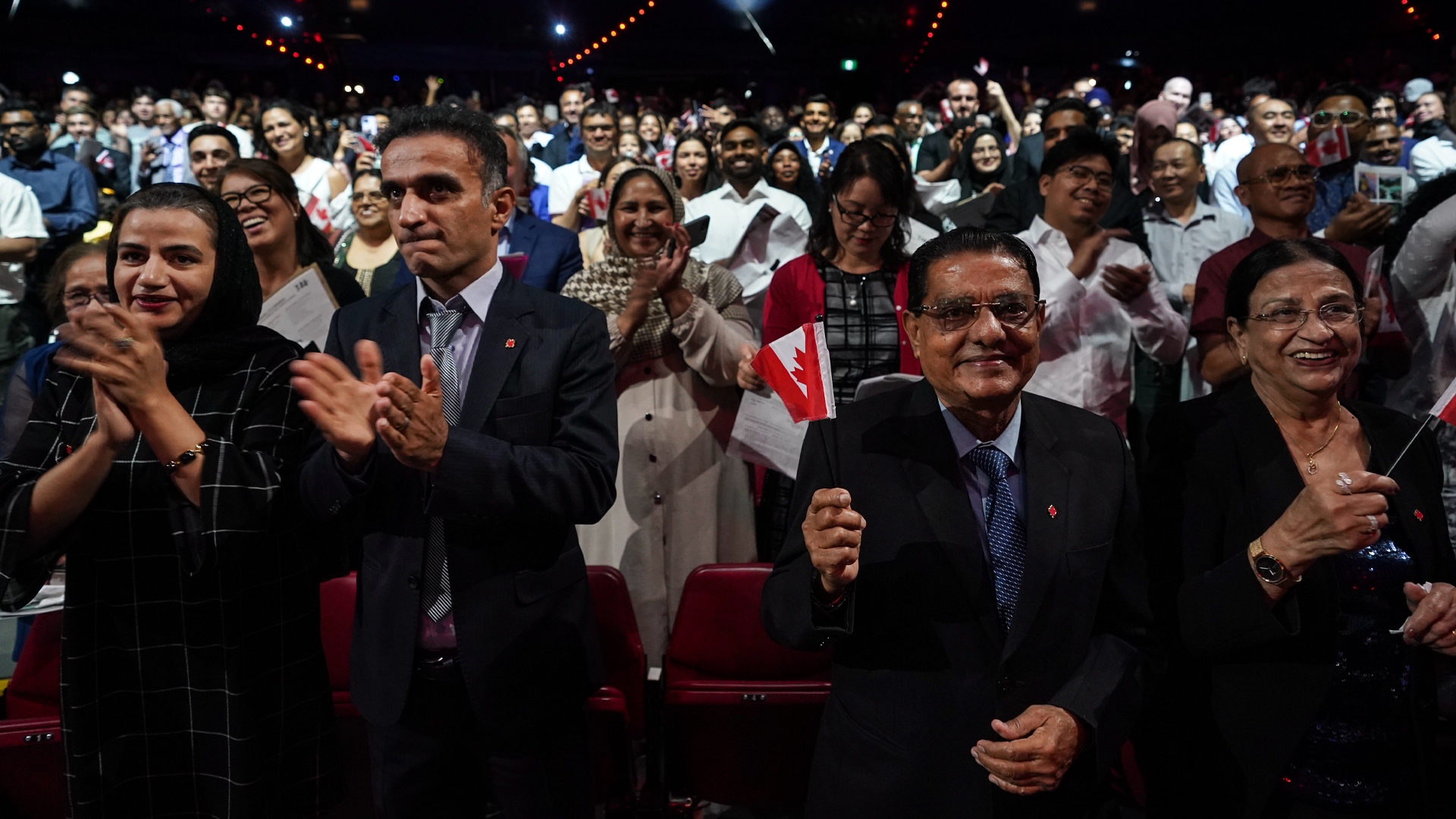
With the Western world growing increasingly divided and inward-looking, and powers such as Russia and China assertively advancing political norms that privilege the preservation of state sovereignty over humanitarian concerns, now is an opportune moment for Canada to begin to contribute more to the stabilization of international order. As Richard Gwyn recently put it in the Toronto Star, “Never before…have we had so clear a chance to be what we want to be.”
As a country, we tend to react to events rather than anticipate them. We join international coalitions after they have been created. We do not have a uniquely Canadian grand strategy for dealing with world events, beyond trade policy. What we need now is a region-by-region, decade-by-decade plan in which we focus our limited resources in order to grow them through time. In other words, we need to think for ourselves, and we need to think strategically.
International affairs analyst Ian Bremmer calls today’s period of transition “G-zero” – a time in which global leadership is largely absent due to the great powers’ preoccupations. Events today are unfolding rapidly, and their ultimate outcome could be anything ranging from increased American pre-eminence to a more pluralist world that has several centres of political power.
Faced with such uncertainty, Canada’s immediate plan should be to secure a power base that will help to increase our international clout, with the ultimate aim of becoming a substantive and respected global contributor in a post-“G-zero” world, whatever form that world may take.
As our material weight is at present limited, our search for a power base should focus on the two regions where we are already a superpower of sorts: the Arctic and North America. Our actions in both theatres will not only teach us the value of “strategic promiscuity,” but they will also help to stabilize the foundations of the liberal world order as well.
The most vocal critic of the Western-led international political order today is Russia. While Canada may not be able to have a tangible impact on Euro-Atlantic security, we have, together with Russia, the overwhelming majority of the Arctic coastline and thus have the ability to shape that region’s agenda.
The Arctic Council was created in the 1990s, not long after America’s “victory” in the Cold War and Washington’s subsequent ideological triumphalism — events that caused many in the West to predict that geopolitical competition in international affairs had come to a permanent end. It is no surprise, therefore, that the organization deliberately excluded political and security-related issues from its mandate. But times have changed, and international rivalries have unfortunately been renewed.
A heftier institution to manage Arctic affairs — one that takes on geopolitical issues and advances intercultural awareness — would involve the creation of a high-level forum in which Russia is treated as an equal rather than a junior partner. This would eliminate one of the most important irritants in post-Cold-War relations between Moscow and the West. The advent of an enhanced “Arctic union” of sorts would help to avoid international conflict and begin to rehabilitate Russia as part of the international system. The West would be able to address what appears to be the slow erosion of the liberal world order more reliably. The more integrated organization could also serve as a template for stabilizing US-China relations over the longer term.
Liberal orders have taken different shapes throughout history, but generally they have featured a rules-based system, institutionalized international cooperation, free trade, and a centre of power consisting of liberal-minded states. Greater Arctic cooperation would help to secure the underpinnings of today’s liberal international order by deepening global institutional cooperation and stabilizing this geographical region which borders many liberal democratic countries. Deeper North American integration would strengthen its ideological foundations.
Unlike most European countries, Canada, the United States and Mexico possess a multiracial fabric. While the question of migration plagues the European Union, we have the ability to bring in the talent we want from across the world due to our geography and our immigration-driven history. A whole host of domestic issues in each country may prevent a greater vision for North America from being realized uniformly, but as I have said elsewhere, there is nonetheless a solid foundation on which to build.
For instance, the recently announced North American “caucus” could eventually be expanded into a full-time commission, which could regularly propose ways in which our continent’s three countries could harmonize their domestic and global policies. Within a decade, we could see greater labour mobility between Canada, the US and Mexico, as well as a common greenhouse-gas-emissions reduction mechanism across the continent (which could be expanded to other countries as well).
Geopolitical rivalries exist everywhere in Eurasia — in the European region, where the EU and Russia are currently at odds, and in the Asia-Pacific region, where a complex power balance is evolving. In this global context, a stronger and more united North America could be an influential strategic pivot in the global system, as well as a major force underwriting the liberal ideals of ethnic diversity and free trade.
At this crucial juncture in the post-Cold-War era, we must act to secure our strategic backyard — the thawing region to our north and the massive market to our south. Doing so would provide our country with the building blocks necessary to become a substantive and respected contributor to international peace and prosperity, which in turn would open up a whole host of diplomatic and economic opportunities for Canada and Canadians over the long run.
When we proudly declare that “the world needs more Canada,” we need to put our money where our mouth is. Our country’s sociopolitical and economic fabrics are strong; what is required now is for us to step up our international game — both in words and in deeds.








